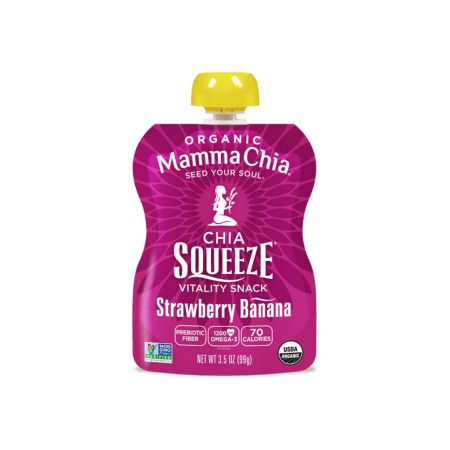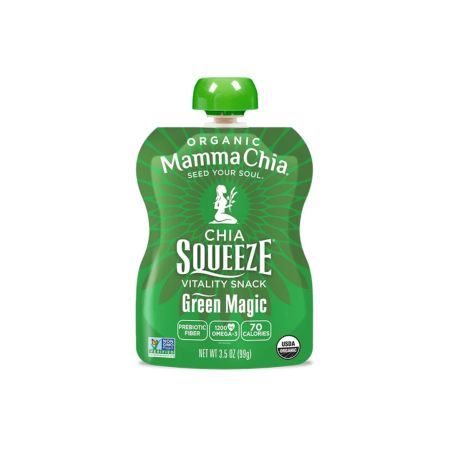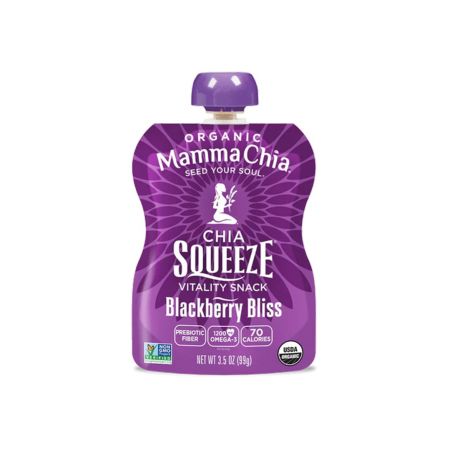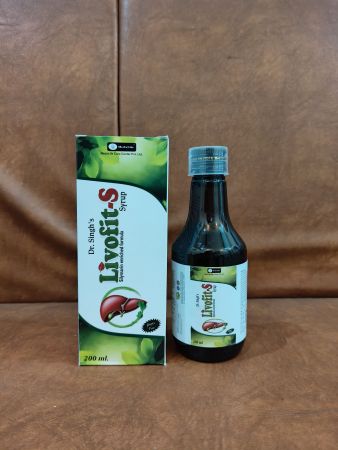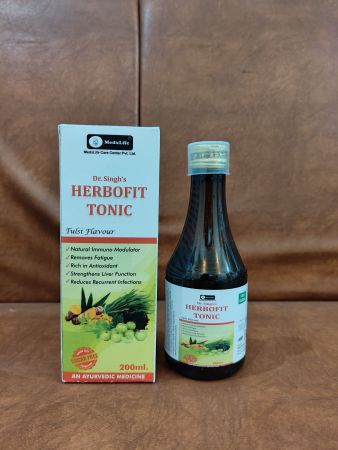|
Schisandra Berry (Schisandra chinensis):
Schisandra berries, also known as “five-flavor fruit” due to their unique combination of sweet, sour, salty, bitter, and pungent flavors, are the fruit of the Schisandra plant (Schisandra chinensis), a woody vine native to China, Russia, and Korea. Schisandra has been used for over 2,000 years in Traditional Chinese Medicine (TCM) for its adaptogenic, revitalizing, and protective properties. The berries are highly regarded for their ability to enhance physical endurance, mental clarity, and overall vitality. They are also prized for their antioxidant properties and their ability to support the liver and immune system.
Botanical Characteristics:
Schisandra is a deciduous climbing vine that can grow up to 10 meters (30 feet) in length. It has green, ovate leaves and produces clusters of small, red berries that ripen in late summer or early fall. The berries are typically harvested in their raw form and are often dried for medicinal use, as fresh berries can be too tart and sour. The plant thrives in the temperate regions of East Asia and is typically found in forested areas, often growing along riverbanks or shaded environments.
Health Benefits of Raw Schisandra Berry:
Schisandra berries are renowned for their wide-ranging health benefits, particularly in boosting energy, supporting the liver, and enhancing overall vitality. The key benefits of raw Schisandra berries include:
Adaptogenic and Stress-Relieving Properties:
Schisandra is considered an adaptogen, a natural substance that helps the body adapt to stress and maintain balance.
It supports the adrenal glands, helping to regulate the body's stress response and improve resilience to physical, emotional, and environmental stressors.
It is often used to increase energy, reduce fatigue, and combat burnout.
Liver Detoxification and Support:
Schisandra berries are well-known for their liver-protective properties.
They contain lignans and other compounds that help detoxify the liver, support liver cell regeneration, and improve overall liver function.
Schisandra is often used in herbal medicine to treat liver conditions, detoxify the body, and promote healthy liver function.
Antioxidant and Anti-inflammatory Effects:
Schisandra berries are rich in antioxidants, including lignans and vitamin C, which help combat oxidative stress and reduce free radical damage in the body.
The antioxidants in Schisandra may also help lower the risk of chronic diseases, such as heart disease and cancer, by neutralizing harmful free radicals.
Additionally, Schisandra has anti-inflammatory properties, making it useful for reducing inflammation and supporting the immune system.
Enhances Mental Clarity and Cognitive Function:
Schisandra has been shown to enhance cognitive function, improve focus, and support memory.
It helps improve mental clarity, alertness, and concentration, which makes it a popular herb for enhancing brain function and reducing mental fatigue.
Schisandra is often used in TCM to treat conditions like brain fog, lack of concentration, and mental fatigue.
Boosts Immune System:
Schisandra berries have immunomodulatory effects, meaning they help regulate the immune system and enhance the body’s natural defense mechanisms.
They are used to strengthen the immune system, protect against infections, and increase resistance to disease.
The berry’s antimicrobial and antiviral properties help fight off pathogens and prevent illnesses.
Supports Skin Health and Anti-aging:
The antioxidants in Schisandra berries help protect the skin from UV damage, pollution, and the natural aging process.
Schisandra is often used in skincare to promote skin elasticity, reduce the appearance of wrinkles, and combat signs of aging.
It is believed to help prevent age-related skin conditions, such as wrinkles and dark spots, by improving skin hydration and cell regeneration.
Enhances Physical Endurance and Vitality:
Schisandra has long been used by athletes and those with physically demanding lifestyles to enhance endurance and overall vitality.
It is believed to help improve stamina, reduce fatigue, and accelerate recovery from physical exertion.
Schisandra is also used in traditional medicine to boost energy levels, reduce muscle weakness, and enhance vitality in the body.
Regulates Hormones and Menstrual Health:
Schisandra berries are believed to have mild hormonal balancing effects, especially in women.
They are used to regulate menstrual cycles, reduce symptoms of PMS, and alleviate symptoms of menopause, such as hot flashes and mood swings.
Schisandra is often combined with other herbs in TCM to promote reproductive health and hormonal balance.
Culinary and Medicinal Uses of Raw Schisandra Berry:
Schisandra Tea: Schisandra berries can be dried and used to make a refreshing herbal tea. The tea has a tart, slightly sour flavor and is often consumed for its rejuvenating and stress-relieving benefits.
Tinctures and Extracts: Schisandra is commonly available in tincture or extract form, providing a concentrated version of its active compounds.
Powdered Form: Dried and powdered Schisandra berries can be added to smoothies, juices, or herbal blends to enhance energy levels and support mental clarity.
Capsules and Tablets: Schisandra is often sold in supplement form, such as capsules or tablets, for easy consumption and dosage.
Skin Care Products: Schisandra extracts are commonly incorporated into skincare products, such as creams, serums, and masks, to promote youthful, healthy skin.
Cultural and Historical Significance:
Schisandra has been a key herb in Traditional Chinese Medicine (TCM) for thousands of years. It is revered as a powerful tonic and is considered one of the "21 Superior Herbs" in TCM, meaning it is believed to be beneficial for promoting longevity and vitality. Schisandra is often included in herbal formulas for boosting energy, enhancing physical performance, and supporting the body's natural detoxification processes. In Russian and Siberian herbal medicine, Schisandra is also used to increase physical endurance, improve mental clarity, and reduce stress.
Nutritional Composition of Raw Schisandra Berry:
Vitamins: Rich in vitamin C and smaller amounts of B-vitamins.
Minerals: Contains potassium, calcium, magnesium, and iron.
Bioactive Compounds: Lignans (schisandrin and schisandrol), flavonoids, and antioxidants.
Calories: Approximately 250 calories per 100 grams of dried Schisandra berries, with a moderate carbohydrate content.
Environmental Role and Cultivation:
Schisandra is native to temperate regions of East Asia, particularly China, Russia, and Korea. It thrives in shaded or semi-shaded forested environments and prefers well-drained, slightly acidic soil. The plant is often cultivated for its berries, which are harvested in late summer or fall. Schisandra vines require a support structure to climb, such as a trellis, and can be grown in gardens or on a small scale for medicinal purposes. In addition to its health benefits, Schisandra serves as a valuable plant in traditional medicine and modern herbalism.
|







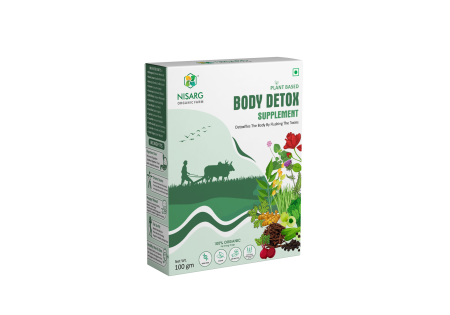
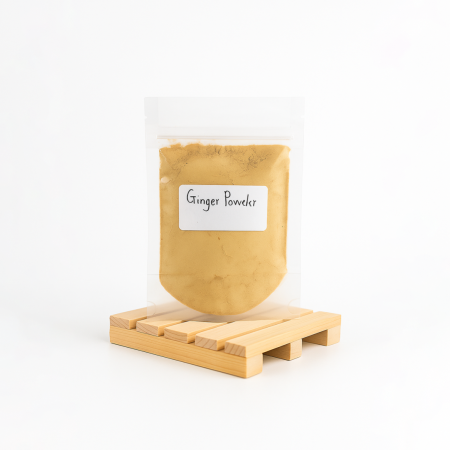
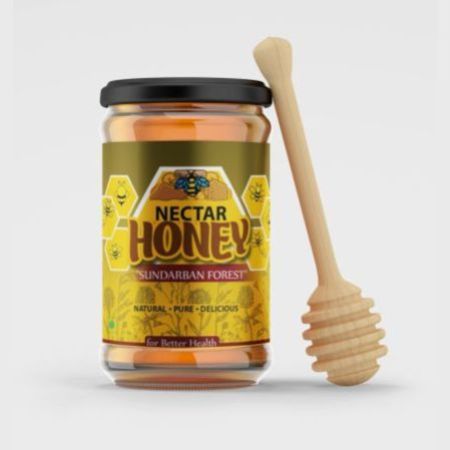
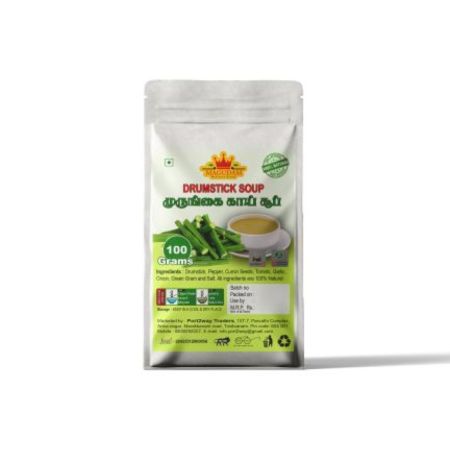
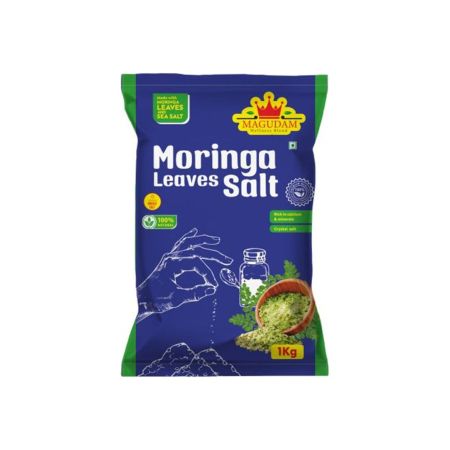
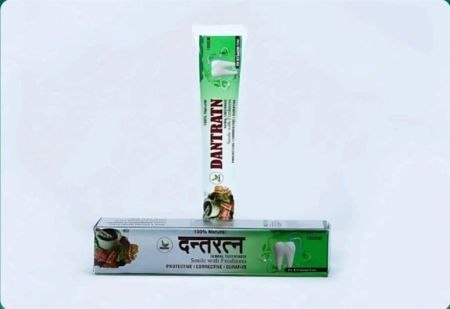
.jpg)
